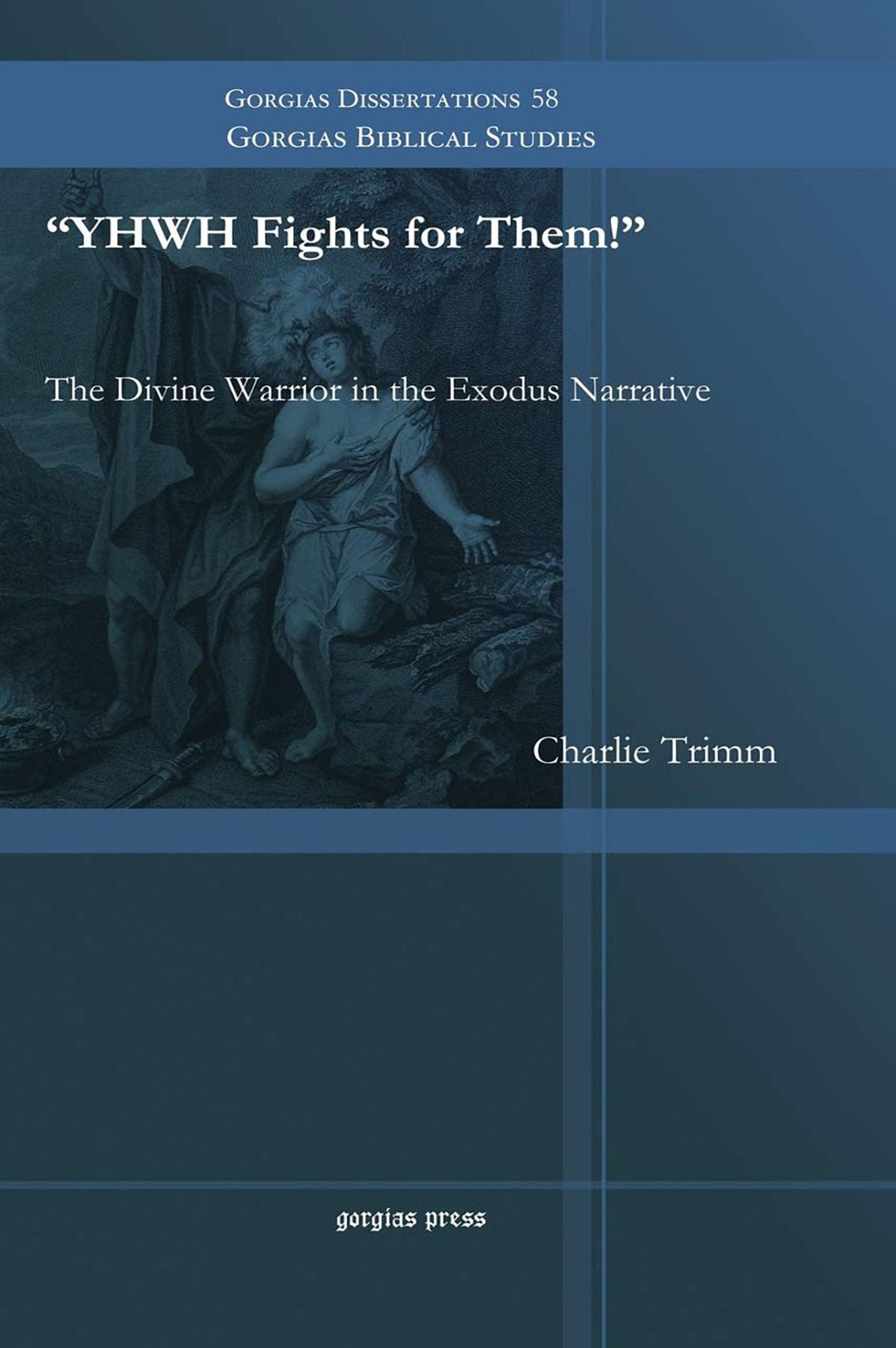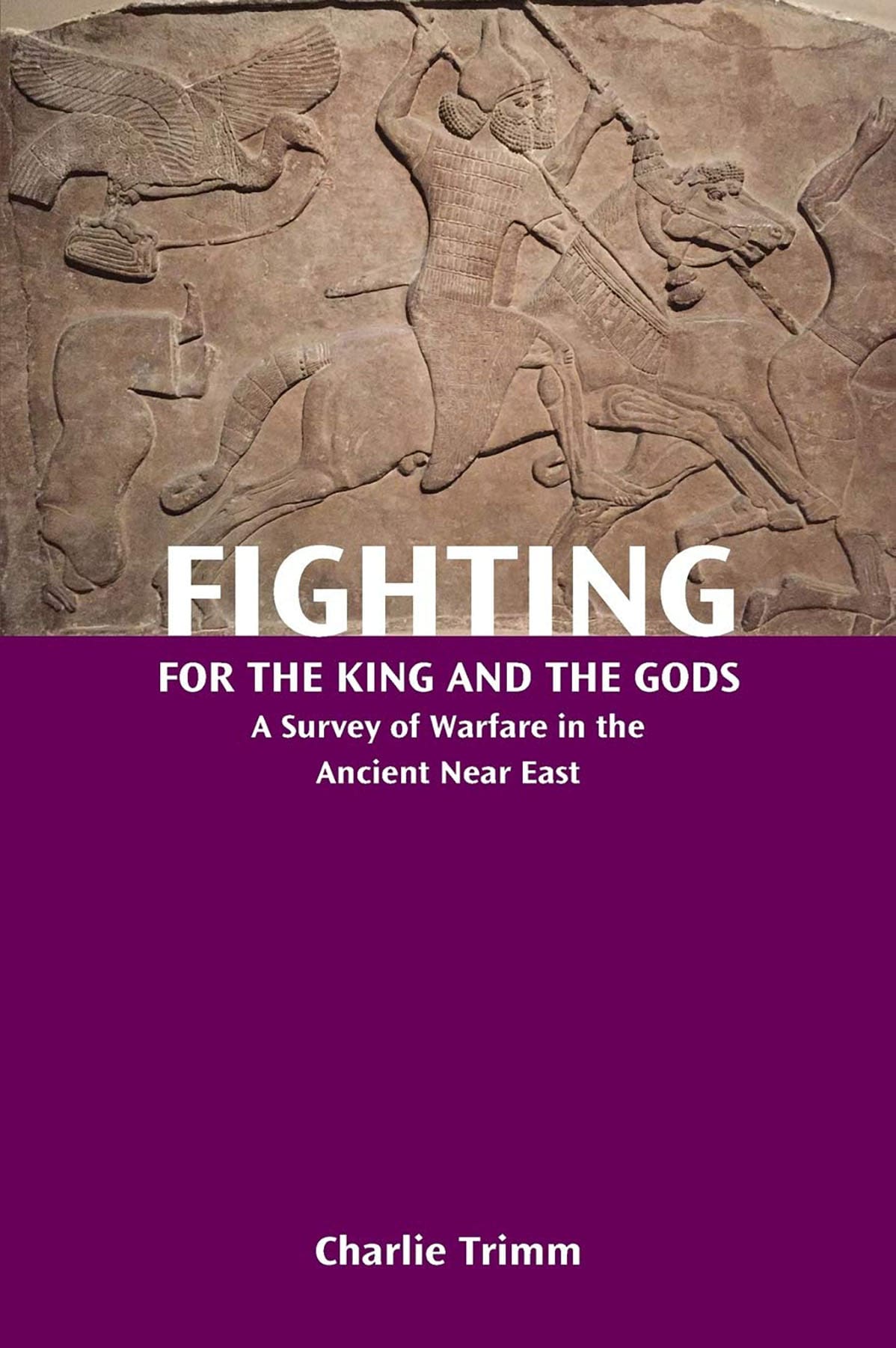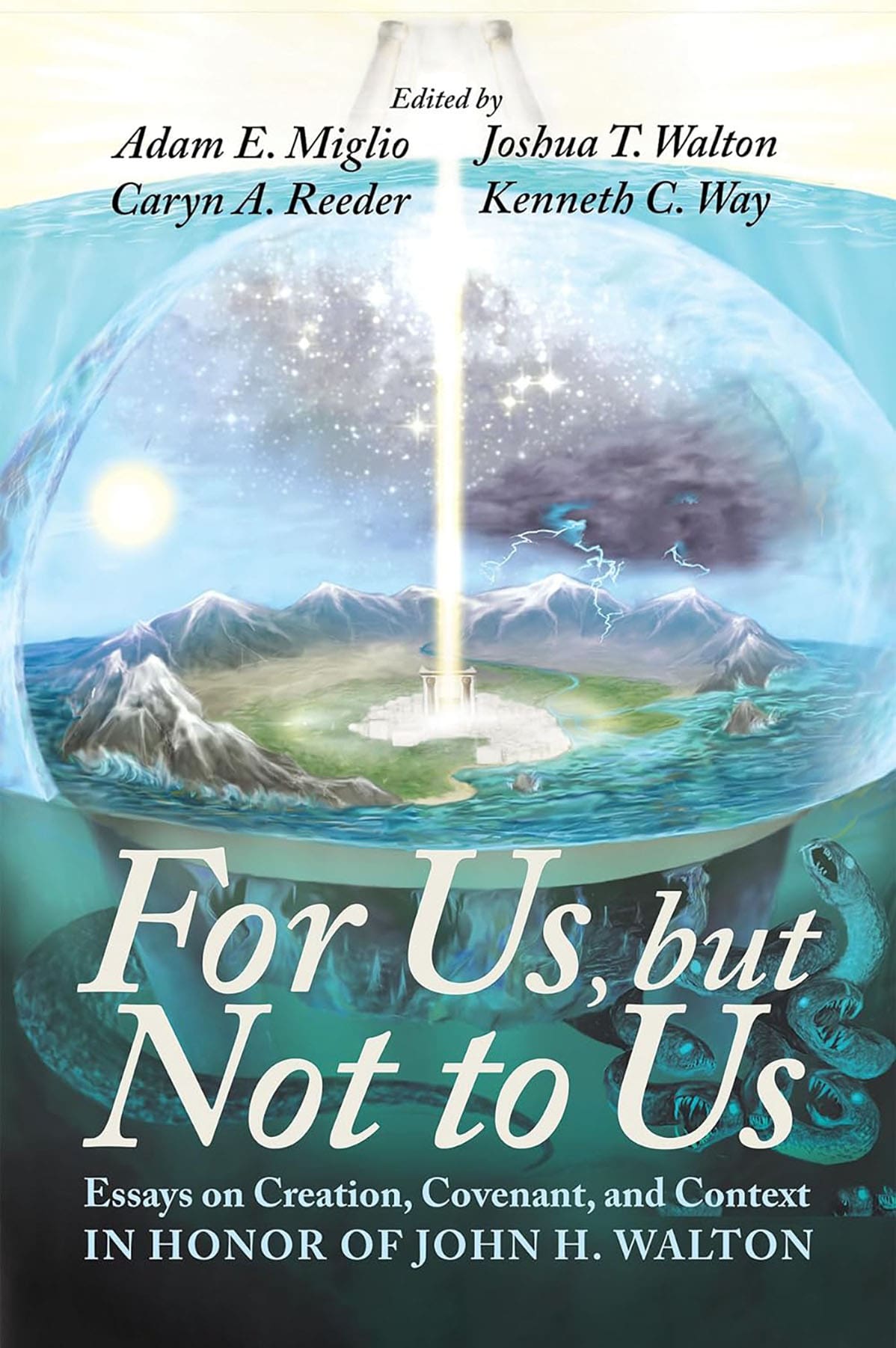“YHWH Fights for Them!” The Divine Warrior in the Exodus Narrative – Hardcover
The divine warrior is an important motif in the Old Testament, leading many to study profitably the motif in its most prominent manifestations in poetic texts. This study builds on that foundation by examining the divine warrior in detail in the exodus narrative to construct a broader picture of the motif in the Old Testament. The heart of the work focuses on the exodus narrative. Many aspects of YHWH’s actions in the narrative, such as the terminology, his nature weapons, his psychological attacks, the presence of supernatural envoys and disease, and his harmonious relationship with his people identify YHWH’s role as that of a divine warrior.





